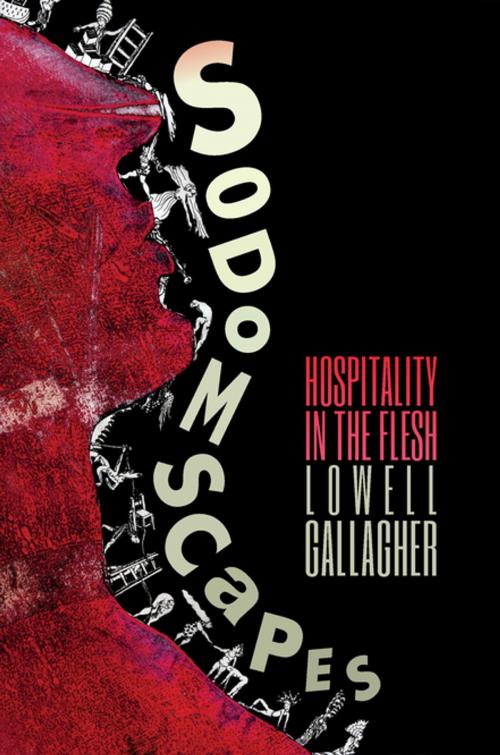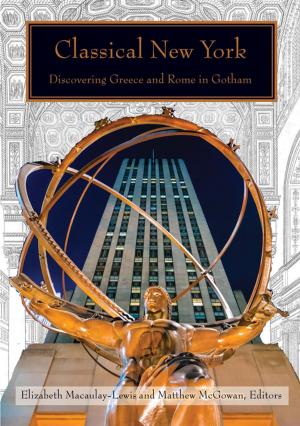Sodomscapes
Hospitality in the Flesh
Nonfiction, Religion & Spirituality, Bible & Bible Studies, Hermeneutics, Philosophy, Ethics & Moral Philosophy, Fiction & Literature, Literary Theory & Criticism| Author: | Lowell Gallagher | ISBN: | 9780823275229 |
| Publisher: | Fordham University Press | Publication: | June 1, 2017 |
| Imprint: | Fordham University Press | Language: | English |
| Author: | Lowell Gallagher |
| ISBN: | 9780823275229 |
| Publisher: | Fordham University Press |
| Publication: | June 1, 2017 |
| Imprint: | Fordham University Press |
| Language: | English |
Sodomscapes presents a fresh approach to the story of Lot’s wife, as it’s been read across cultures and generations. In the process, it reinterprets foundational concepts of ethics, representation, and the body. While the sudden mutation of Lot’s wife in the flight from Sodom is often read to confirm our antiscopic bias, a rival tradition emphasizes the counterintuitive optics required to nurture sustainable habitations for life in view of its unforeseeable contingency.
Whether in medieval exegesis, Russian avant-garde art, Renaissance painting, or today’s Dead Sea health care tourism industry, the repeated desire to reclaim Lot’s wife turns the cautionary emblem of the mutating woman into a figural laboratory for testing the ethical bounds of hospitality. Sodomscape—the book’s name for this gesture—revisits touchstone moments in the history of figural thinking and places them in conversation with key thinkers of hospitality. The book’s cumulative perspective identifies Lot’s wife as the resilient figure of vigilant dwelling, whose in-betweenness discloses counterintuitive ways of understanding what counts as a life amid divergent claims of being-with and being-for.
Sodomscapes presents a fresh approach to the story of Lot’s wife, as it’s been read across cultures and generations. In the process, it reinterprets foundational concepts of ethics, representation, and the body. While the sudden mutation of Lot’s wife in the flight from Sodom is often read to confirm our antiscopic bias, a rival tradition emphasizes the counterintuitive optics required to nurture sustainable habitations for life in view of its unforeseeable contingency.
Whether in medieval exegesis, Russian avant-garde art, Renaissance painting, or today’s Dead Sea health care tourism industry, the repeated desire to reclaim Lot’s wife turns the cautionary emblem of the mutating woman into a figural laboratory for testing the ethical bounds of hospitality. Sodomscape—the book’s name for this gesture—revisits touchstone moments in the history of figural thinking and places them in conversation with key thinkers of hospitality. The book’s cumulative perspective identifies Lot’s wife as the resilient figure of vigilant dwelling, whose in-betweenness discloses counterintuitive ways of understanding what counts as a life amid divergent claims of being-with and being-for.















